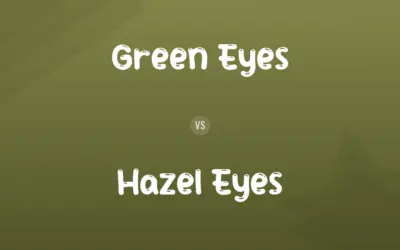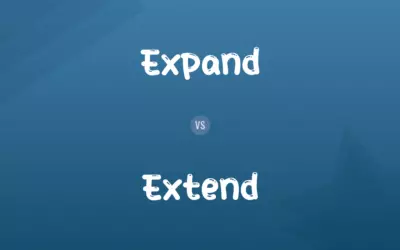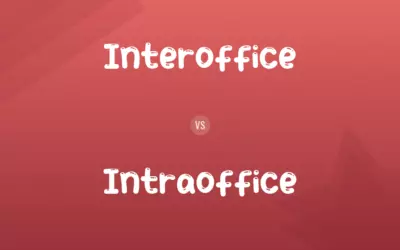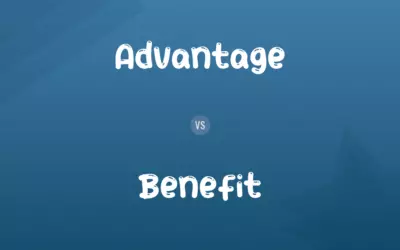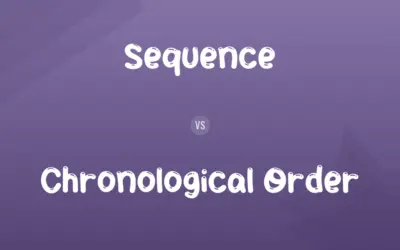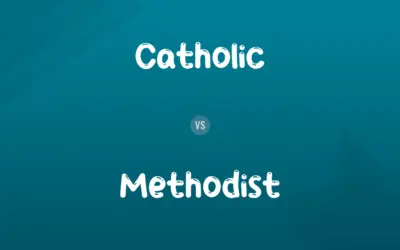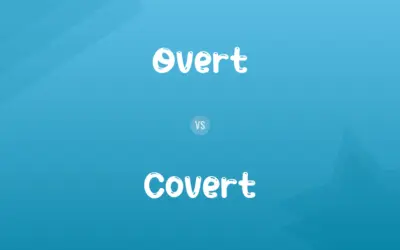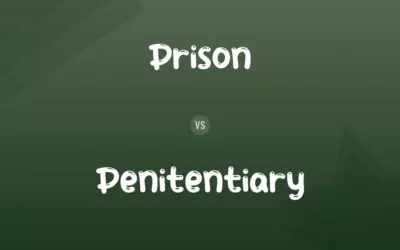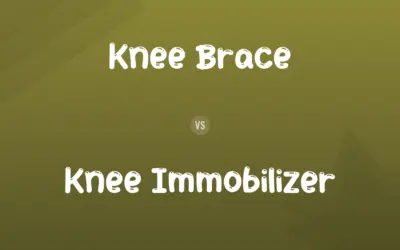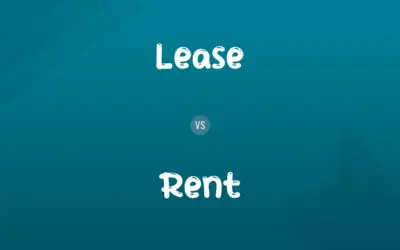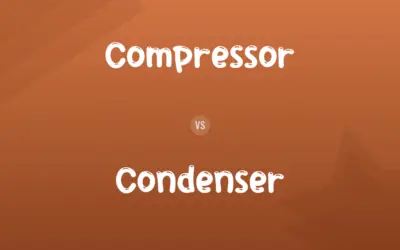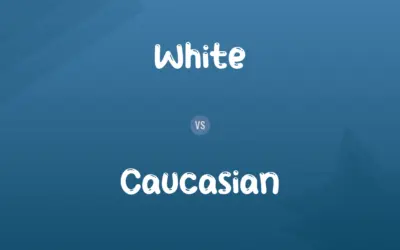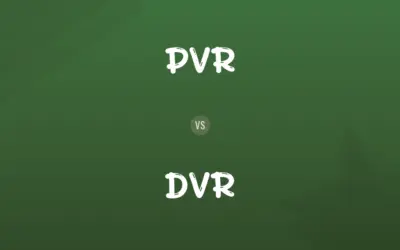Estate vs. Trust: Difference and Comparison
By Muazma Batool & Muneeza Rehman — Published on April 19, 2024
An estate is the total property, assets, and liabilities left by an individual at death, while a trust is a legal entity created to hold assets for the benefit of designated beneficiaries.

Difference Between Estate and Trust
An estate represents everything an individual owns or has a stake in at the time of their death, encompassing both tangible and intangible assets. A trust, conversely, is a fiduciary arrangement that allows a third party, or trustee, to hold and manage assets on behalf of beneficiaries, which can be established during an individual's lifetime or as part of a will.
Muazma Batool
Apr 19, 2024
The administration of an estate typically goes through probate, a court-supervised process to validate the deceased's will, settle debts, and distribute assets to heirs. Trusts, however, are designed to bypass the probate process, allowing for potentially quicker distribution of assets, privacy maintenance, and possibly reduced estate taxes.
Muazma Batool
Apr 19, 2024
An estate is simply a collection of what one owns at death, a trust can be structured in many ways to specify how and when assets are distributed, offering greater control over one's financial legacy. This includes setting conditions beneficiaries must meet to receive assets or allocating funds for specific purposes like education or healthcare.
Muazma Batool
Apr 19, 2024
Estates may be subject to estate taxes at the federal and sometimes state level, depending on the total value. Trusts can be used as a tool to minimize estate taxes and provide tax advantages for the beneficiaries, depending on how the trust is structured and the type of trust established.
Kaitlyn
Apr 19, 2024
In the context of an estate, beneficiaries are determined by a will or, in the absence of a will, by state laws of intestate succession. Trusts allow for more detailed and specific beneficiary designations, including not just family members but also charities, institutions, or virtually any entity the grantor chooses.
Elijah
Apr 19, 2024
Estate vs. Trust Comparison Chart
Definition
The total assets and liabilities left by an individual at death.
A legal arrangement for managing assets for beneficiaries.
Muazma Batool
Apr 19, 2024
Purpose
To be administered and distributed after death.
To hold assets for specific purposes and beneficiaries.
Muazma Batool
Apr 19, 2024
Control Over Assets
Determined by will or state laws.
Grantor specifies control and distribution terms.
Levi
Apr 19, 2024
Tax Implications
Subject to estate taxes based on value.
Can offer tax advantages and estate tax minimization.
Muazma Batool
Apr 19, 2024
Beneficiary Designation
By will or intestate succession laws.
Can be anyone chosen by the grantor, with detailed conditions.
Leo
Apr 19, 2024
Estate vs. Trust Definitions
◉Estate
A collection of all assets owned at death.
The executor cataloged the estate, including the house, investments, and personal items.
Muazma Batool
Feb 27, 2024
◉Trust
Offers potential tax benefits.
The trust was structured to reduce estate taxes and provide income to the beneficiaries.
Kaitlyn
Feb 27, 2024
◉Estate
Distribution based on will or state law.
In the absence of a will, the estate was divided among the surviving family members according to state law.
William
Feb 27, 2024
◉Trust
Can be established for various purposes.
A charitable trust was created to fund educational scholarships indefinitely.
Levi
Feb 27, 2024
◉Estate
Represents the total net worth at death.
Her estate included not just real estate, but also a valuable art collection.
Muazma Batool
Feb 27, 2024
◉Trust
A fiduciary relationship holding assets for beneficiaries.
They set up a trust to manage their children's inheritance.
Muazma Batool
Feb 27, 2024
◉Estate
Subject to probate unless planned otherwise.
The estate went through probate to validate the will and distribute assets.
William
Feb 27, 2024
◉Trust
Avoids probate for quick asset distribution.
The trust allowed beneficiaries immediate access to funds without court delays.
Olivia
Feb 27, 2024
◉Estate
May incur estate taxes.
The estate's value exceeded the federal exemption, resulting in estate taxes.
Elijah
Feb 27, 2024
◉Trust
Allows detailed control over asset distribution.
The trust specified funds for education, healthcare, and charitable donations.
Nolan
Feb 27, 2024
◉Trust
Firm belief in the integrity, ability, or character of a person or thing; confidence or reliance
Trying to gain our clients' trust.
Taking it on trust that our friend is telling the truth.
Muazma Batool
Feb 27, 2024
◉Estate
One's property, both real and personal, vested and contingent, especially as disposed of in a will.
Muazma Batool
Feb 27, 2024
◉Trust
The condition and resulting obligation of having confidence placed in one
Violated a public trust.
Muazma Batool
Feb 27, 2024
Estate vs. Trust Frequently Asked Questions
Can trusts be changed or revoked?
It depends on the type of trust. Revocable trusts can be altered or revoked by the grantor during their lifetime, while irrevocable trusts cannot be changed once established.
Lucas
Apr 19, 2024
Is creating a trust a good way to avoid probate?
Yes, one of the primary benefits of a trust is to avoid the probate process, facilitating quicker and private distribution of assets.
Muazma Batool
Apr 19, 2024
Can an estate include a trust?
Yes, an individual's estate can include trusts they have established, as part of the overall assets and estate planning strategy.
Muazma Batool
Apr 19, 2024
Do all estates go through probate?
While many estates go through probate, some assets can bypass this process if properly titled or if they have designated beneficiaries, like life insurance policies or assets held in a trust.
William
Apr 19, 2024
What is the difference between a will and a trust?
A will is a document that specifies how an individual's estate should be distributed after death and may go through probate. A trust is a legal entity that holds assets for beneficiaries and can operate during the grantor's lifetime and after death, often bypassing probate.
Muazma Batool
Apr 19, 2024
How can I decide between creating a trust or just having a will?
The decision depends on personal circumstances, including the complexity and size of your estate, privacy concerns, tax considerations, and how you wish to distribute your assets. Consulting with an estate planning attorney can help clarify the best approach for your situation.
Muazma Batool
Apr 19, 2024
What are the responsibilities of a trustee?
A trustee manages the trust's assets, makes distributions to beneficiaries as the trust specifies, and carries out the trust's terms, including paying taxes and keeping accurate records.
Henry
Apr 19, 2024
Can a trust own property?
Yes, a trust can own property and other assets. The title to the property is held in the name of the trust, managed by the trustee for the benefit of the trust's beneficiaries.
Kaitlyn
Apr 19, 2024
What happens to a trust when the grantor dies?
The trust continues to operate according to the terms set by the grantor, with the trustee managing and distributing the assets to beneficiaries as directed.
Muazma Batool
Apr 19, 2024
Are trusts only for the wealthy?
No, trusts can be beneficial for individuals with various levels of assets, as they provide a means to manage and protect assets, care for loved ones, and potentially save on taxes and probate costs.
Henry
Apr 19, 2024
Content Creators
Written by
Muazma BatoolAs a content editor, Muazma Batool is not just a grammar guru but a creative mastermind who breathes life into every word. With an eagle eye for detail and a passion for storytelling, she transforms bland text into engaging content that captivates audiences and drives results.
Co-written by
Muneeza RehmanAt Comparisons.wiki, Muneeza skillfully navigates the vast sea of information, ensuring clarity and accuracy as the lead content editor. With a keen eye for detail, she curates every comparison to enlighten and engage readers.









